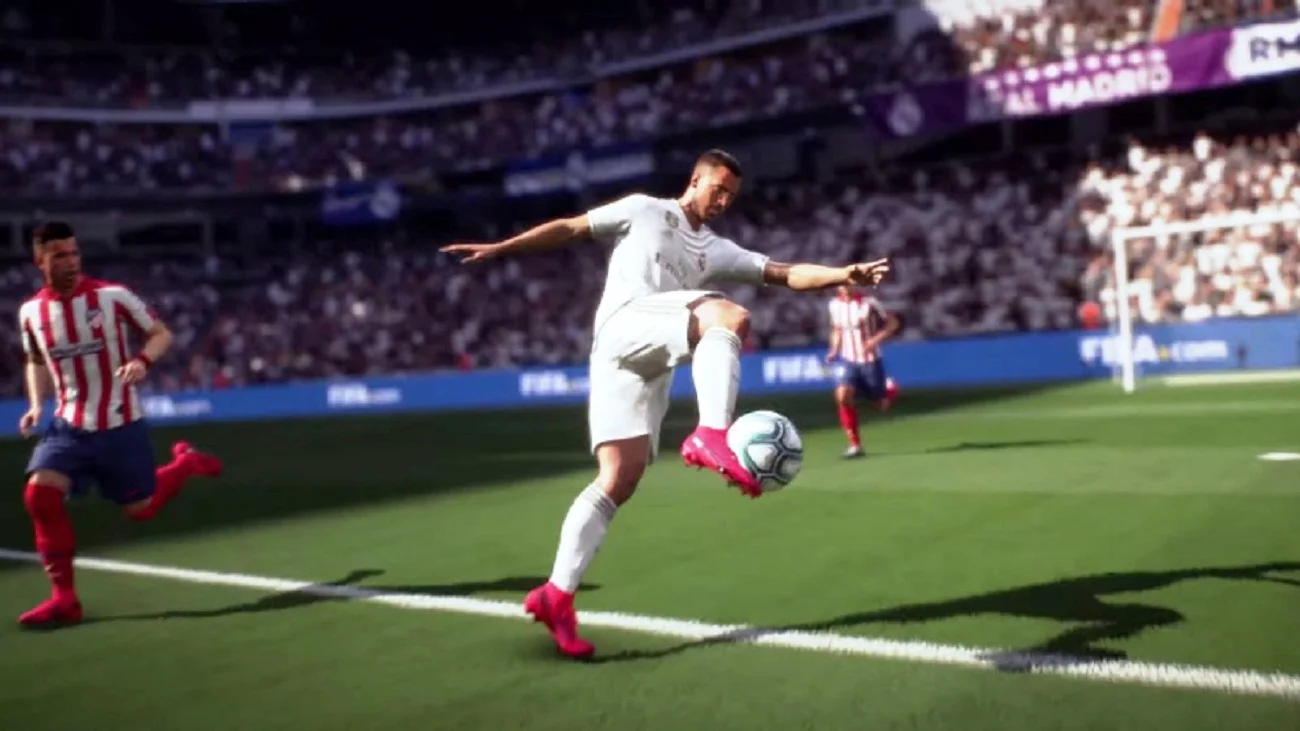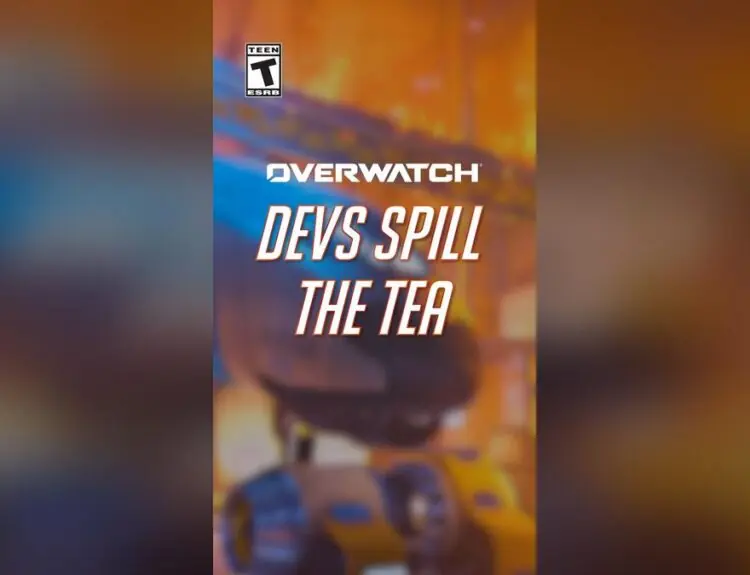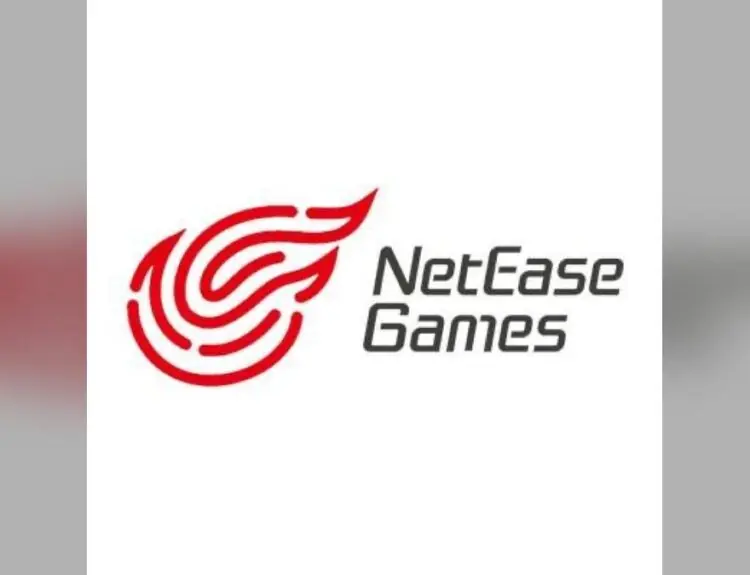The UK Government is reviewing their Gambling Act of 2005 with a particular interest in loot boxes within video games; the gradually increasing pressure from select governments around the world as a wealth of developers have begun arguably taking advantage over a complete lack of oversight into the usage of microtransactions.
Titles such as FIFA and NBA 2K21 both take ready advantage of players, offering shortcuts (and the only way to get stronger teams within FIFA) in exchange for real currency, siphoning funds from players that do not readily understand that they are being exploited by the developers and publishers having psychologists on-call to ensure that they’re pressured to spend money.
In a way that will make gamers within the United States green with envy, the UK government has opened a call for evidence from the people of UK that are at least 16 years of age, and have experience with loot boxes within video games.
Specifically, how it has affected their purchasing habits within titles and its predatory nature, and whether players believe it should be controlled by an outside authority.
UK government opens their call for evidence from players, game makers, parents, carers & anyone else interested around loot boxes. Games industry needs to step up here & not continue in denial https://t.co/YDsvYcBfNM
— Andy Payne 🇺🇦 (@PercyBlakeney63) September 23, 2020
If you aren’t a UK resident, you aren’t entirely welcome to share your experience; the data collected will be used for the UK government on the much-anticipated ruling regarding loot boxes which will likely benefit UK residents greatly.
Players outside of the UK may not experience the same benefits entirely, as loot boxes have been proven to be a massive profit highway for developers, yet it could have widespread benefits: the recent GDPR requirements that came from the EU resulted in a few developers at least taking privacy a bit more sincerely.
If you live within the United Kingdom and want to help the call to evidence by either completing a prescribed response form or otherwise, you can visit the open consultation here: https://www.gov.uk/government/consultations/loot-boxes-in-video-games-call-for-evidence
For gamers outside of the UK, things admittedly look a bit dire: even barring the oligarchy that has successfully been built over time within the nation, law has become impressively lethargic in keeping up with the times, struggling with everything from patent trolling to revenge porn-sites.
In spite of this, there have also been signs that the legal system is beginning to understand the far-reaching consequences of the digital age arriving with impunity: the battle that is continuing between Apple and Epic Games has shown an understanding of nuance and platform control, although no final verdict has yet been reached.
Here’s hoping the UK being squared-away regarding in-game gambling will have positive effects that ripple across the pond.







